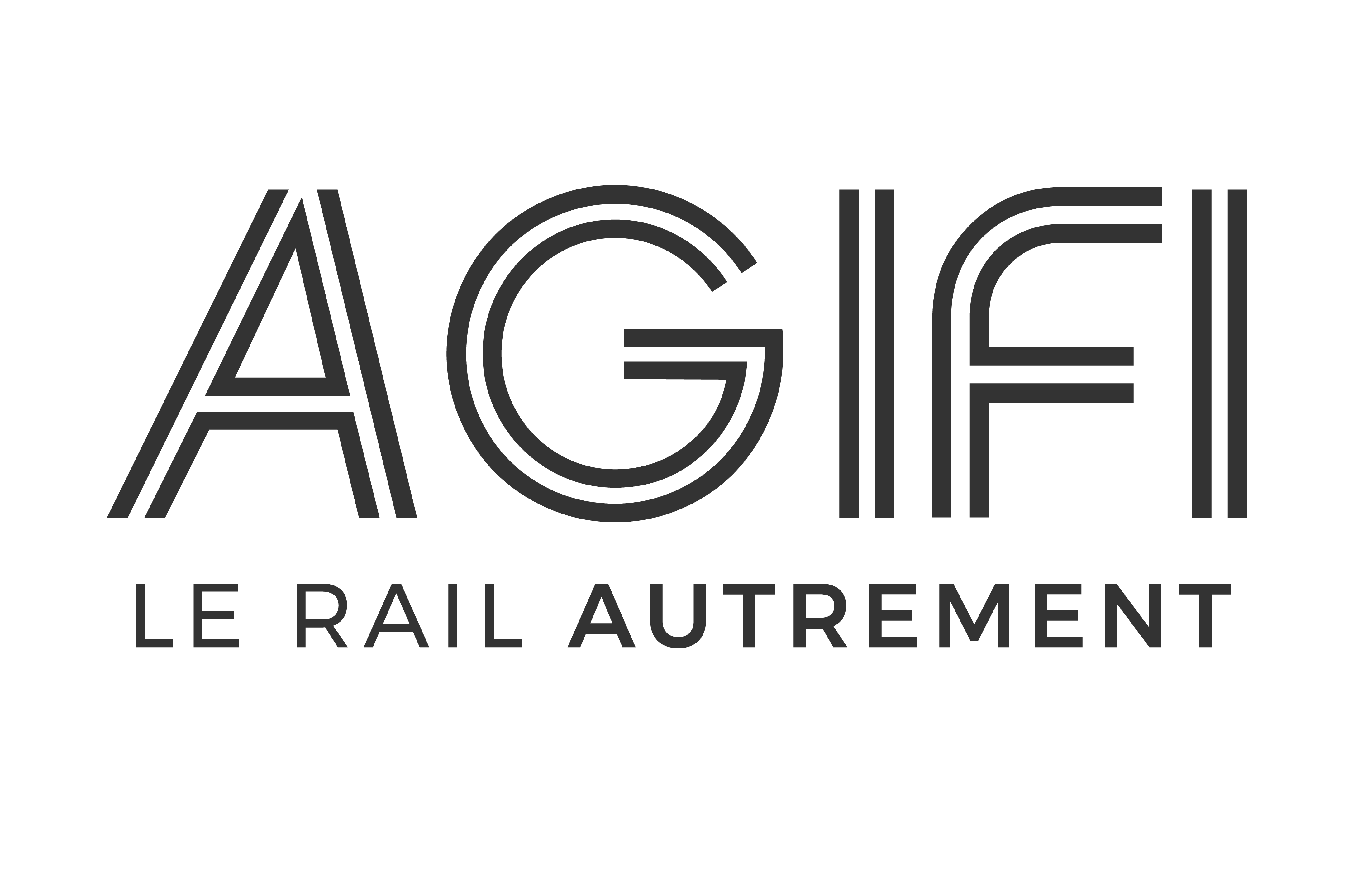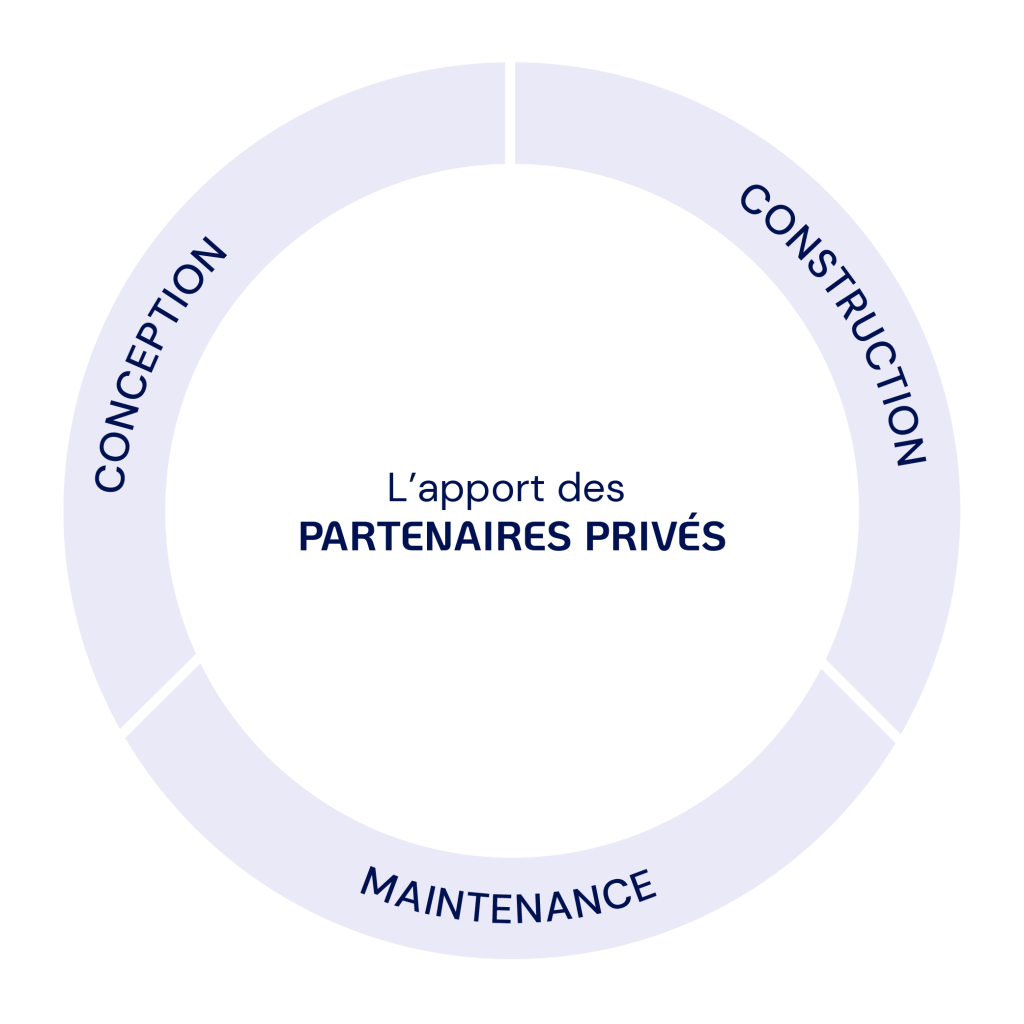One of the biggest contributions of these Public-Private Partnerships is the ability to control costs and meet deadlines during the construction of large-scale infrastructure projects.
The Public-Private Partnership model has provided the French rail sector with an unprecedented boost. In 2017, in the span of just a few months, three new lines went into operation on-time and on-budget.
In 2017, AGIFI commissioned a study from Ernst and Young that showed the effectiveness of private project management and sought to explain its success. Three aspects of Public-Private Partnerships were highlighted.


